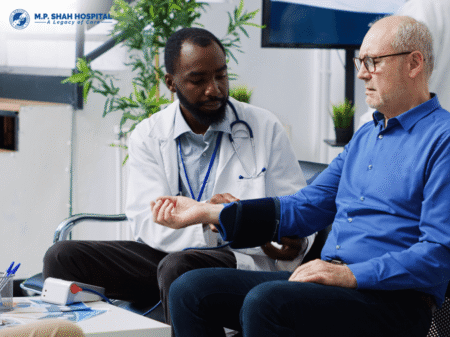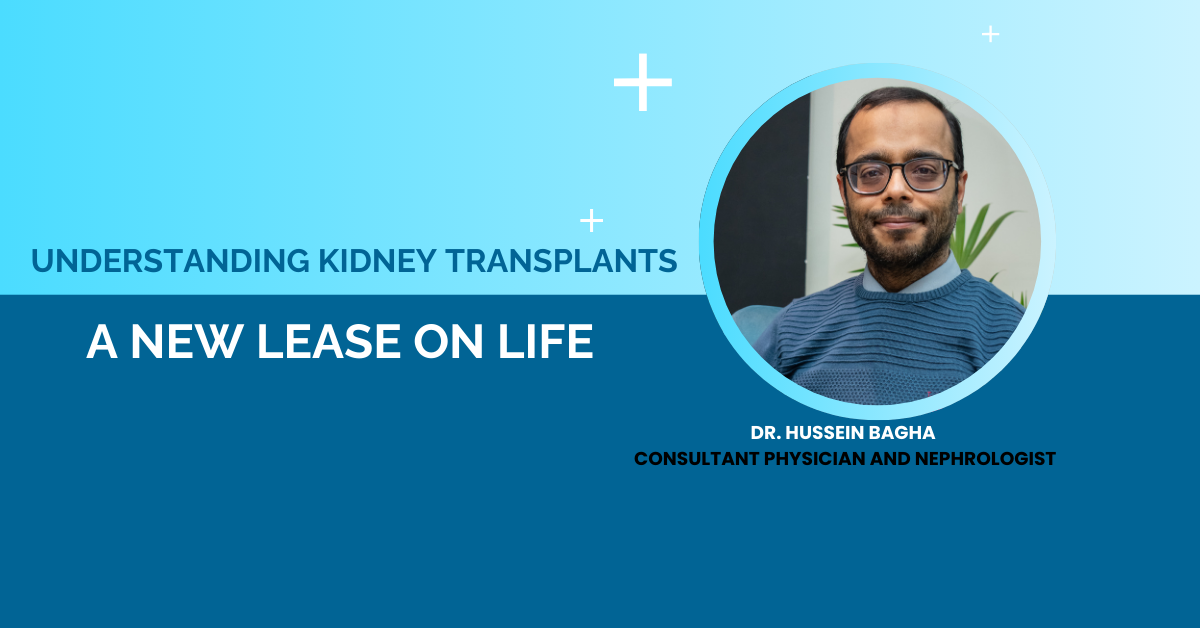Promoting Patient-Centered, Safe, and Sustainable Healthcare
ADVERTISEMENT-CLINICAL NURSES(VARIOUS CADRES)
MP Shah Hospital is seeking to recruit evidence-driven, compassionate, and sustainability-conscious Clinical Nurses to support our mission of delivering high-quality, patient-centered care across various units in the Nursing Division:
Medical-Surgical Wards
Accident & Emergency / Casualty
Specialized Clinics
Critical Care
Cath Lab
Surgery
Pediatrics
Maternity
Reporting Structure:
The Clinical Nurses will report directly to the Nurse Managers of the respective units. They will play a key role in ensuring that patient care aligns with MP Shah Hospital’s core values of excellence, compassion, and environmental sustainability, contributing to the hospital’s commitment to sustainable healthcare practices.
Key Responsibilities:
1. Holistic Patient Care Provide comprehensive, evidence-based care that promotes patients’ physical, mental, and social well-being, while respecting environmental and resource sustainability.
2. Emergency Response Respond promptly and efficiently to medical emergencies, ensuring safety and sustainability protocols are upheld.
3. Medication Administration Administer prescribed medication safely, while ensuring responsible use of resources and monitoring for adverse effects.
4. Vital Signs & Monitoring Monitor and document vital signs and hydration, ensuring timely escalation and resource-conscious clinical practices.
5. Infection Prevention & Waste Management Uphold strict infection prevention and control standards, ensuring environmentally responsible waste management in accordance with MP Shah Hospital’s IPC and sustainability guidelines.
6. Patient & Family Education Educate patients and their families on treatment plans, preventive health, and the importance of sustainable health practices.
7. Multidisciplinary Collaboration Collaborate with other healthcare professionals to deliver integrated care, supporting sustainable and efficient patient outcomes.
8. Routine Nursing Procedures Conduct essential nursing procedures, ensuring adherence to safety, quality, and sustainable resource use.
Qualifications & Requirements:
1. Diploma in Nursing (KRCHN, KRN, or KRM) or Bachelor of Science in Nursing (BScN).
2. A Higher Diploma or specialization relevant to the nursing unit is desirable.
3. Valid Nursing Council of Kenya license.
4. Valid Basic Life Support (BLS) certification.
5. Demonstrated commitment to sustainable healthcare practices and environmental stewardship will be an added advantage.
Why Join Us?
At MP Shah Hospital, we are not only committed to delivering world-class patient care but also ensuring that our services contribute to a sustainable and resilient healthcare ecosystem, minimizing environmental impact and promoting long-term community well-being
Interested and qualified candidates in the above positions are encouraged to forward their applications to the hospital recruitment portal through the link below by 30th May 2025.
https://recruitment.mpshahhosp.org:6670/careers.
Kindly ensure complete application by capturing your education background & work experience on your profile. The applications will remain open and shall be considered on a rolling basis until the positions are filled. We encourage early submission of applications.
‘MP Shah Hospital is an equal opportunity employer’











